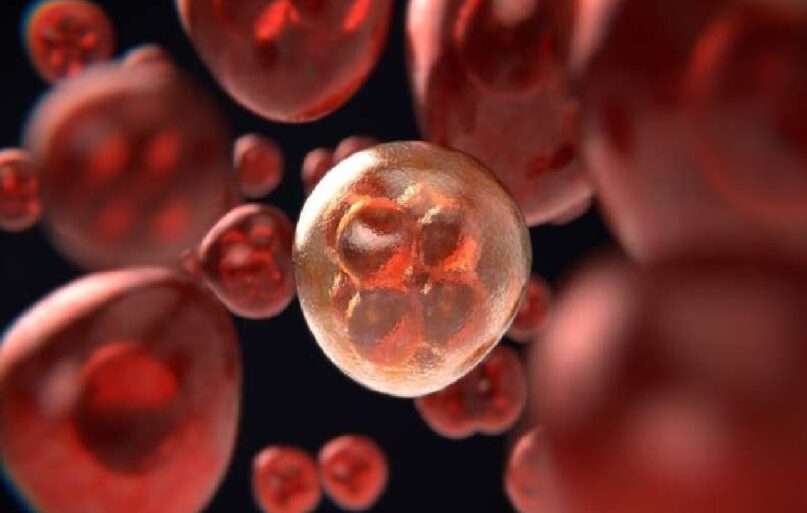
Credit: Pixabay/CC0 Public Domain
The therapy is an engineered molecule that causes the degradation of an enzyme that is overly active in many cancers.
Mount Sinai researchers have developed a therapeutic agent that shows high effectiveness in vitro at disrupting a biological pathway that helps cancer survive, according to a paper published in Cancer Discovery, a journal of the American Association for Cancer Research, recently.
The therapy is an engineered molecule, named MS21, that causes the degradation of AKT, an enzyme that is overly active in many cancers. This study laid out evidence that pharmacological degradation of AKT is a viable treatment for cancers with mutations in certain genes.
AKT is a cancer gene that encodes an enzyme that is frequently abnormally activated in cancer cells to stimulate tumor growth. Degradation of AKT reverses these processes and inhibits tumor growth.
In the developing nervous system AKT is a critical mediator of growth factor-induced neuronal survival. Survival factors can suppress apoptosis in a transcription-independent manner by activating the serine/threonine kinase AKT1, which then phosphorylates and inactivates components of the apoptotic machinery.
Akt1, also known as “Akt” or protein kinase B (PKB) is an important molecule in mammalian cellular signaling. In humans, there are three genes in the “Akt family”: Akt1, Akt2, and Akt3. These enzymes are members of the serine/threonine-specific protein kinase family (EC2.7.11.1).
Akt1 is involved in cellular survival pathways, by inhibiting apoptotic processes. Akt1 is also able to induce protein synthesis pathways, and is therefore a key signaling protein in the cellular pathways that lead to skeletal muscle hypertrophy, and general tissue growth. Since it can block apoptosis, and thereby promote cell survival, Akt1 has been implicated as a major factor in many types of cancer. Akt (now also called Akt1) was originally identified as the oncogene in the transforming retrovirus, AKT8.
“Our study lays a solid foundation for the clinical development of an AKT degrader for the treatment of human cancers with certain gene mutations,” said Ramon Parsons, MD, Ph.D., Director of The Tisch Cancer Institute and Ward-Coleman Chair in Cancer Research and Chair of Oncological Sciences at the Icahn School of Medicine at Mount Sinai. “Examination of 44,000 human cancers identified that 19 percent of tumors have at least one of these mutations, suggesting that a large population of cancer patients could benefit from therapy with an AKT degrader such as MS21.”
MS21 was tested in human cancer-derived cell lines, which are models used in laboratories to study the efficacy of cancer therapies. Mount Sinai is looking to develop MS21 with an industry partner to open clinical trials for patients.
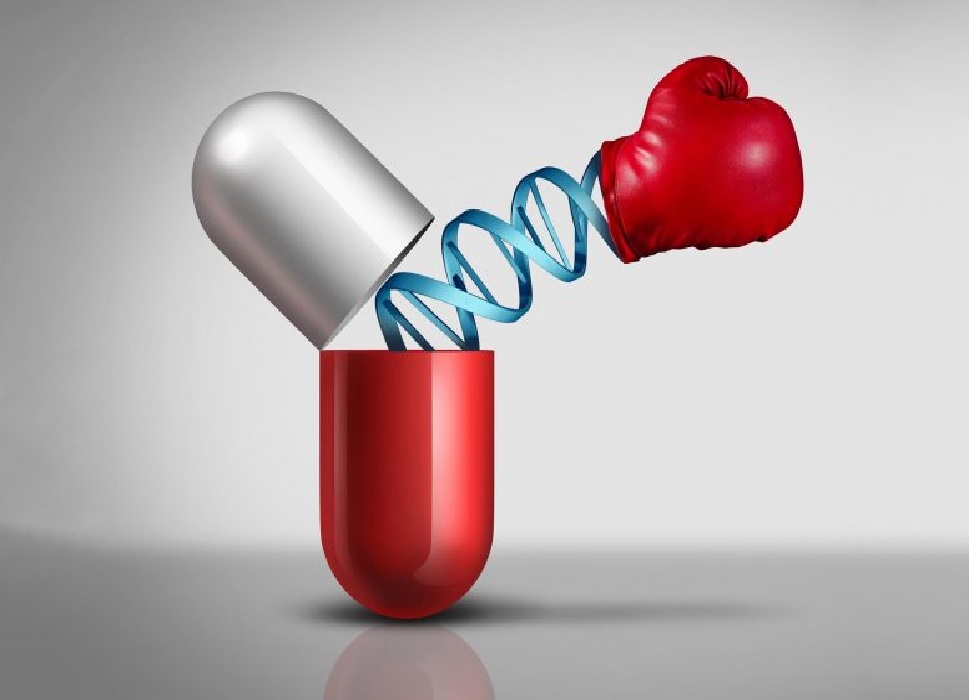
“Translating these findings into effective cancer therapies for patients is a high priority because the mutations and the resulting cancer-driving pathways that we lay out in this study are arguably the most commonly activated pathways in human cancer, but this effort has proven to be particularly challenging,” said Jian Jin, Ph.D., Mount Sinai Professor in Therapeutics Discovery, and Director of the Mount Sinai Center for Therapeutics Discovery at Icahn Mount Sinai. “We look forward to an opportunity to develop this molecule into a therapy that is ready to be studied in clinical trials.”
Source: The Mount Sinai Hospital





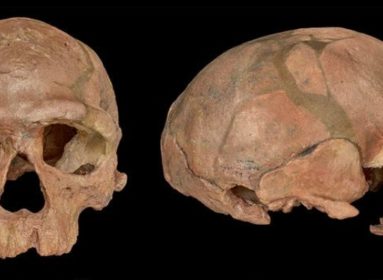


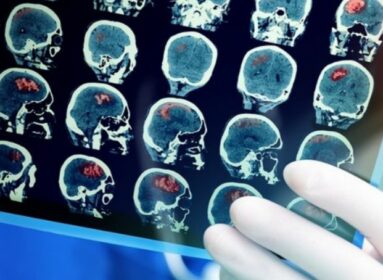



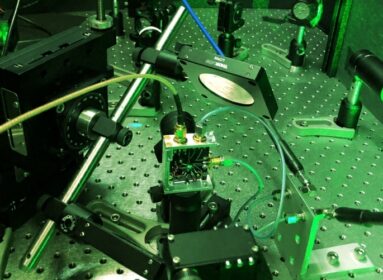
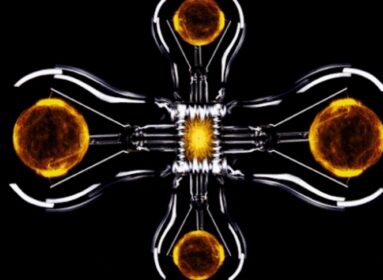




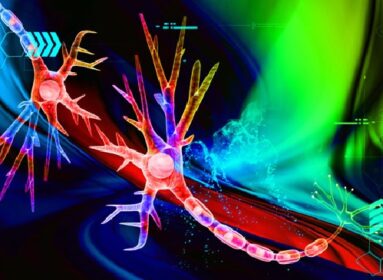
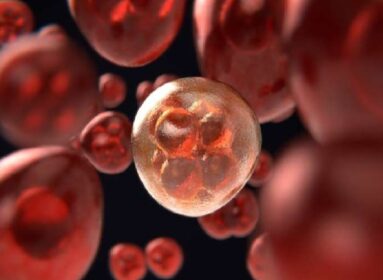
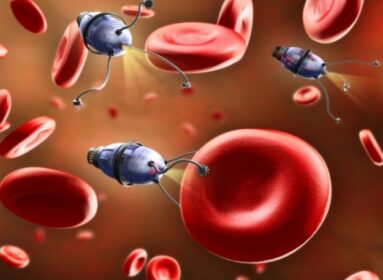


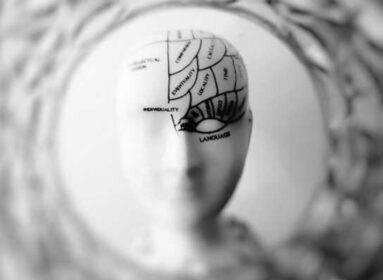


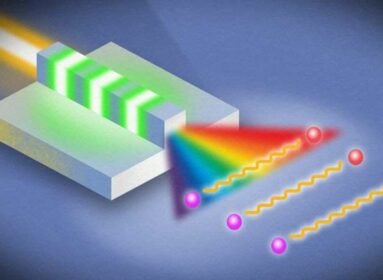






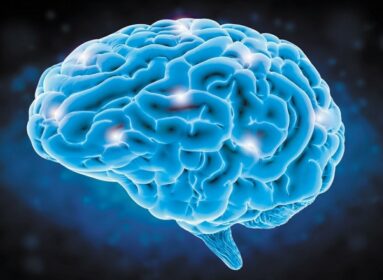




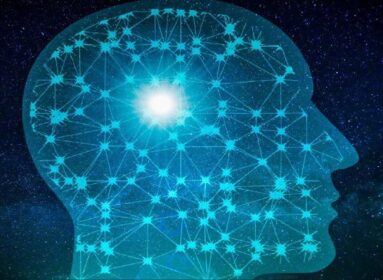
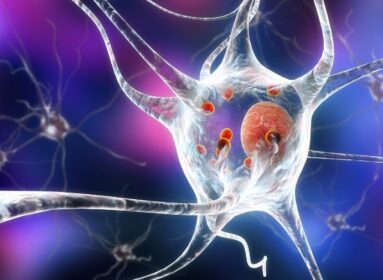


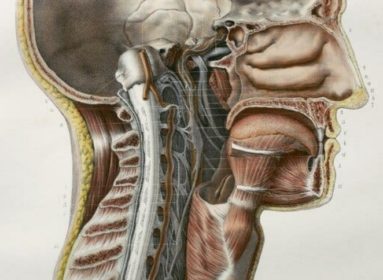






















Comments are closed.